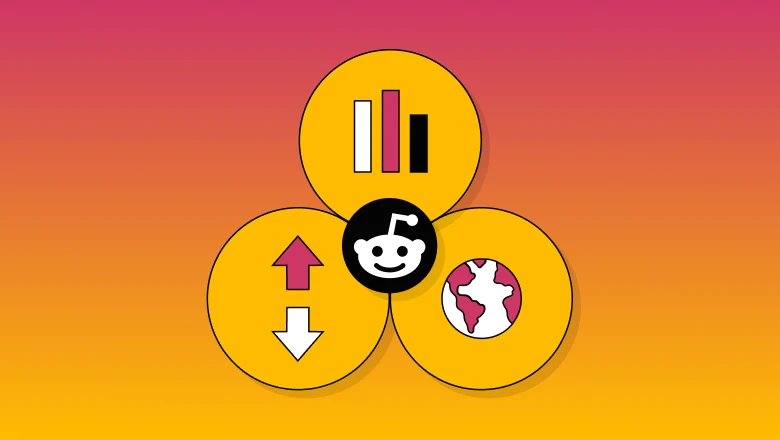Reimagining Your Competitors as Collaborators
Engaging with authors whose books are similar to yours is a valuable opportunity for inspiration and collaboration.


Today’s post is by Hanna Kjeldbjerg, Vice President at Wise Ink Media.
As a writer in the age of capitalism, it can feel like your art, and your calling, become commodities—and that other books are your competition.
But most readers don’t buy just one book. So authors with similar books are not your competition—they’re your colleagues! And after almost fifteen years in publishing, I truly believe in the saying, “A rising tide lifts all boats.”
Engaging with authors whose books are similar to yours is a valuable opportunity for inspiration and collaboration. Here are a few ways to find, and lean into, your book community.
Identify comparative titles
There’s a reason that identifying comparative titles (or “comps”) is something agents look for in query letters. Compelling comps doesn’t mean that the “box has been checked” for your subject—it affirms that an audience exists for books like yours.
And a query letter isn’t the only place you can leverage comparative titles. Include them in your online sales and marketing descriptions: “Fans of Book Title will love [shared element.]” This is a win-win, because it aligns you with a book you admire and signal boosts their title.
Comparative titles can also be incorporated in your Amazon advertising strategy. One ad category is called “Sponsored Products,” where you can pay to be included on the “Products related to this item” section of a book’s Amazon listing.
Become a fan
The best comparative titles are typically by authors who are contemporary (published in the last few years) and not celebrities (unless you are too!). This means that these writers are likely present online—and they aren’t too famous to truly appreciate another fan.
So read their work. Leave five-star reviews with genuine affirmations. Sign up for their newsletter. Follow them on social media and don’t just lurk, but make yourself known to them by commenting on their posts. Likewise, comment on their blog posts—it’s a common feature, but so few people take the time to comment. Celebrate their wins, knowing they’re a kindred spirit.
Invite collaboration
Find yourself measuring your success against theirs? Partner up instead. Know that success can be symbiotic, so reference their book as recommended reading on your website, socials, and even in your book’s back matter.
Keep in mind: this only works if your offer is bigger than your ask. Avoid anything that feels like asking for a favor. This means that their audience should be of comparable size to yours. (Don’t underestimate the power of a “micro-influencer”!) Come prepared—it is far easier to say “yes” when the work is complete, and the offer is clear.
Since this is a cold call, it’s crucial to personalize your message and make it clear it’s not an email blast. Do your research. Don’t ask to trade social media features if they sell paid promotional posts. Specifically reference why you’re a fan and let them know you’re already promoting them to your network. Bring a humble spirit to the outreach, and don’t take it personally if they’re too busy—know that the right opportunity will come.
Once you’ve connected, include them in your marketing strategy. If you’re both local, plan a shared bookstore event, where through the strength of your networks alone, you can double the attendance. Quote each other in articles and pitch yourselves for joint media interviews. Submit applications to conferences for panel discussions. It’s a lot harder to feel like you’re in a race when you’re standing beside each other.
Ask for endorsements
Especially when you share an audience, writing an endorsement is a win-win because it’s one more way for an author to get their name out there. Before and After the Book Deal by Courtney Maum says, “A good blurb is a testament to the quality of the book in question, but also an example of how well the endorser writes themselves.”
Don’t reinvent the wheel
In Steal Like an Artist, Austin Kleon says, “Nothing is original, so embrace influence, school yourself through the work of others, remix and reimagine to discover your own path.” With this wisdom in mind, becoming an intentional observer is one of the best things you can do for your publishing career.
A few places to look for inspiration are:
- Social media. Which platforms are they most active on? That’s likely where your audience is congregated. The best writers are readers, and if your book is similar to theirs, remember that you likely are their target audience. So study their outreach, notice what style of content resonates with you, and emulate that in your strategy.
- Author website. Spend time with their website, noting the structure, content, and any noteworthy elements that could inspire yours. Do they offer resources or have an active blog? Visit their Events tab to see what industry events they’re attending, where they’re speaking, and which bookstores are hosting signings—consider if those are good opportunities for you too.
- Media features. Media that is interested in your comparative creators will likely be interested in you too. What press are they getting? This will help you build your own media list. Google their name. If there’s a lot of press, you can filter by clicking “Tools,” then move “Any time” to “Past year” to see recent coverage. You can also put a Google Alert on their names to review future coverage.
- Customer reviews. Reading customer reviews of your comps on Amazon, Goodreads, and StoryGraph is a good way to get in the head of your potential readers and understand what they like and don’t like in a book. This can especially be helpful in the writing and revision process, but also helps you understand how your book aligns with, and stands out from, other books in your genre.
Join the conversation
Feel like it’s “already been done”? Join the conversation.
Consciously tune in to their media features. How does your perspective engage with theirs, or explore the topic from a different angle? The best media pitches often reference previous articles or episodes, because it doesn’t diminish your take, but affirms the shared audience. “The End” is for fairy tales, not cultural conversations.
In the book business, we call them “comparative titles.” Because they aren’t competition. They are good company. Here’s to lifting each other up.











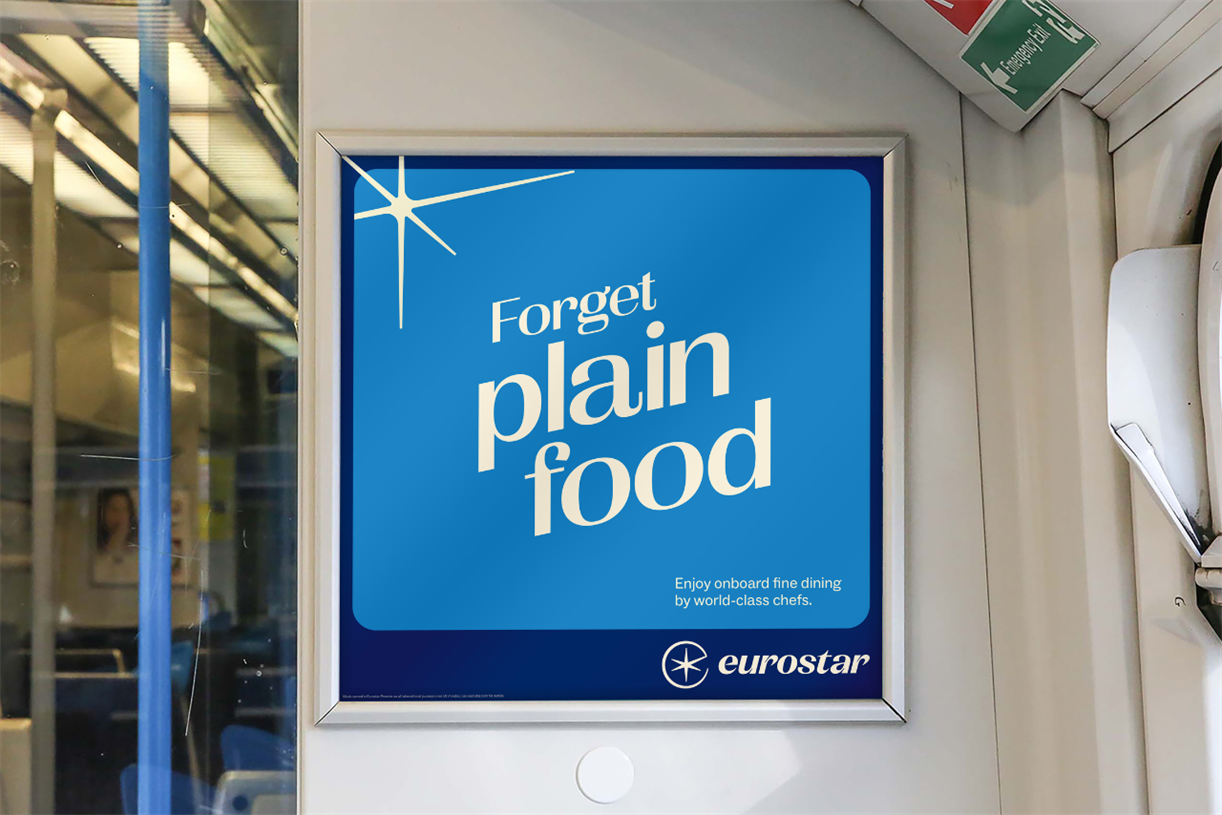
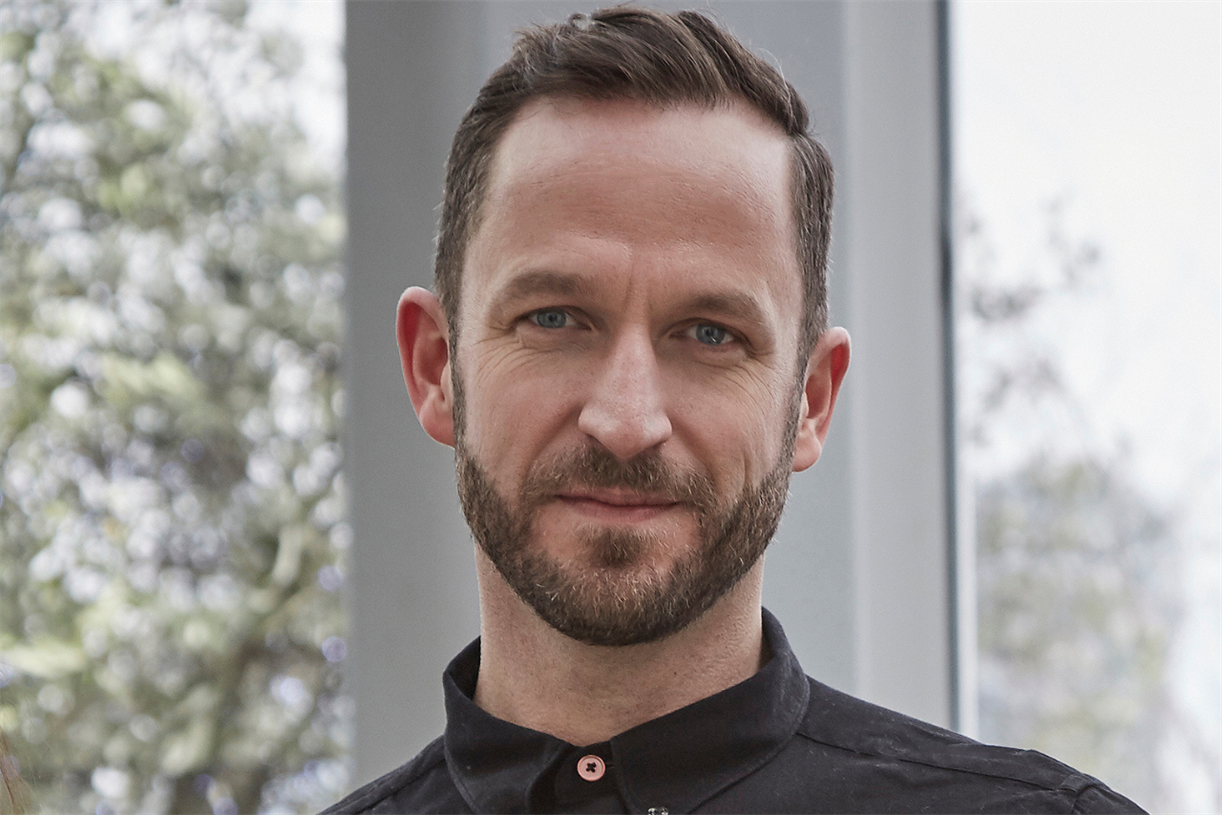













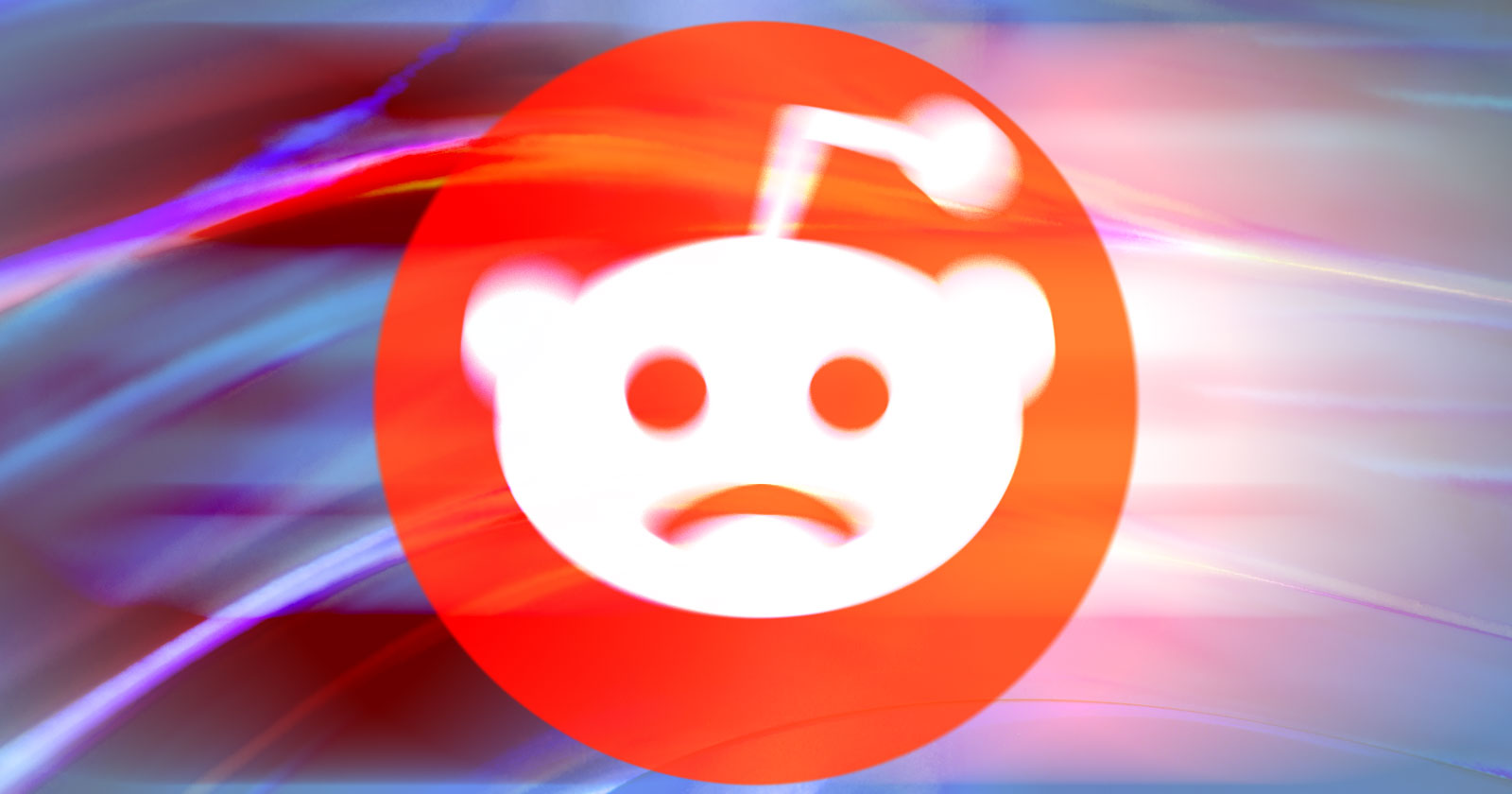





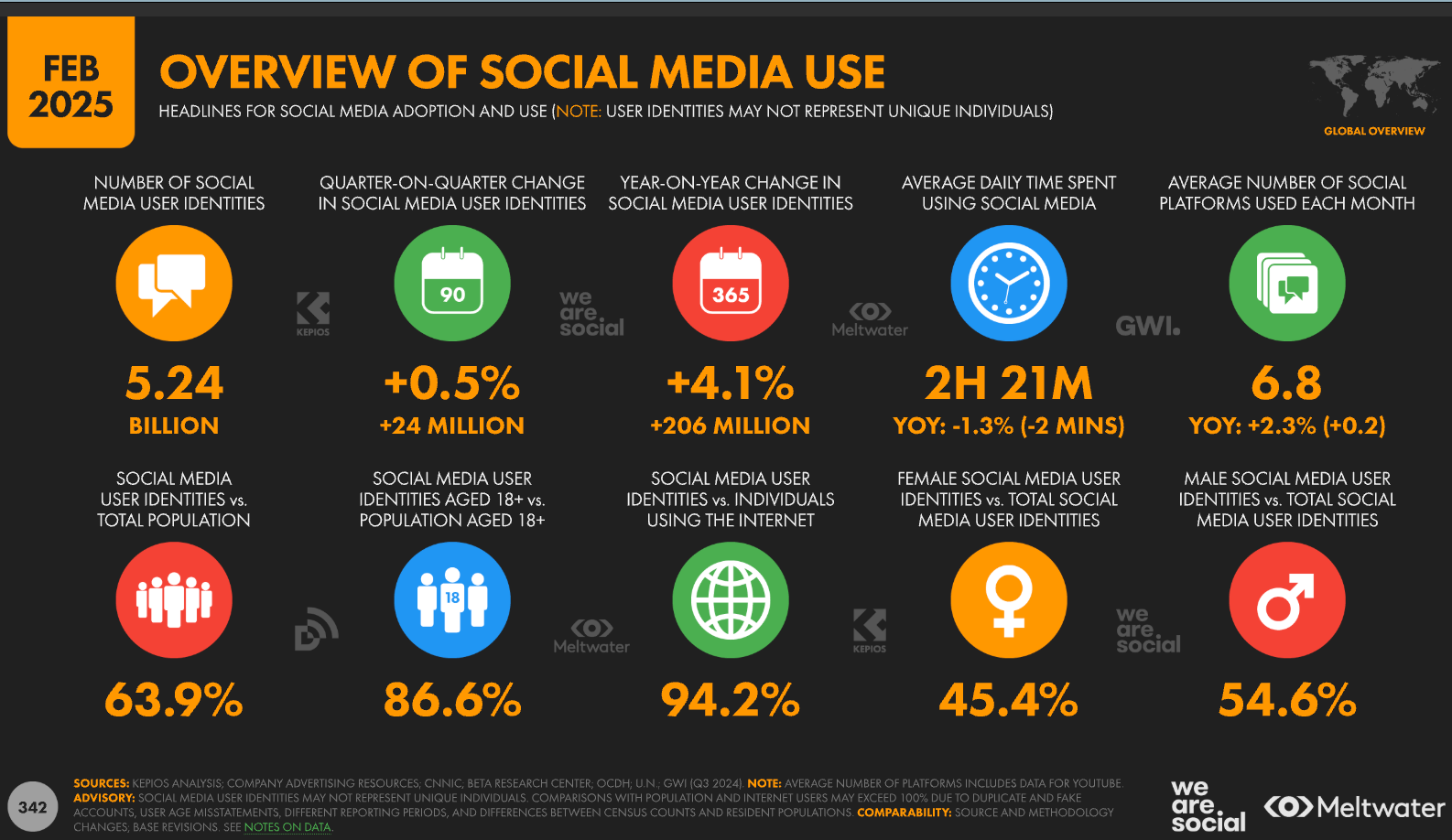
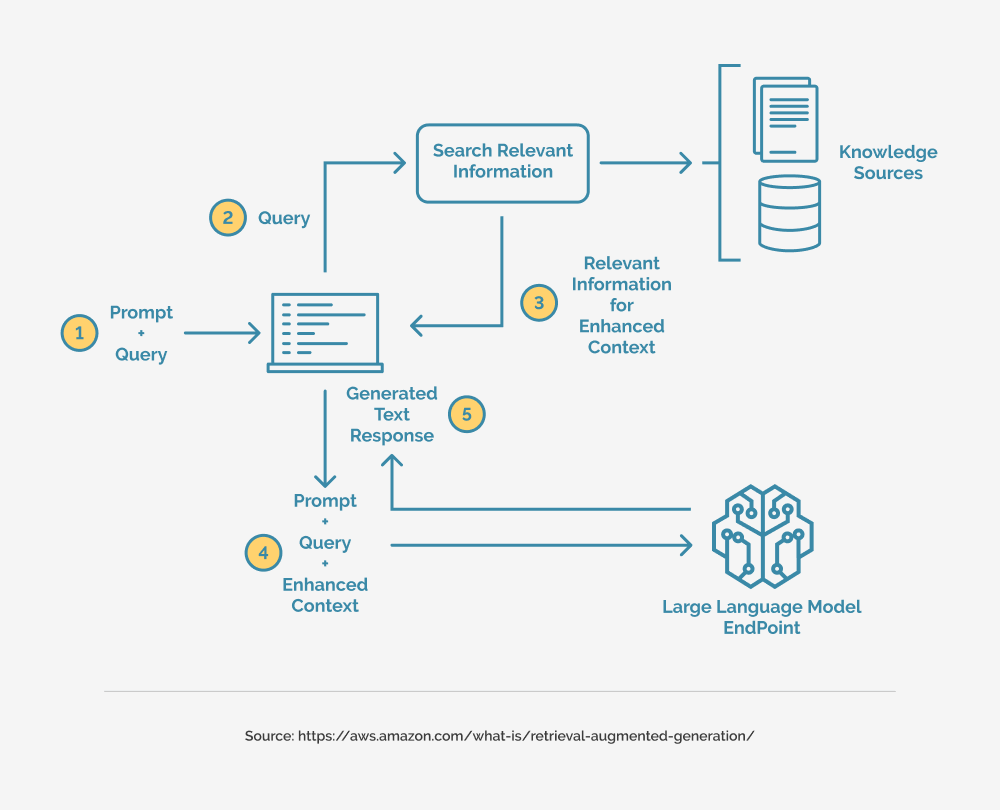
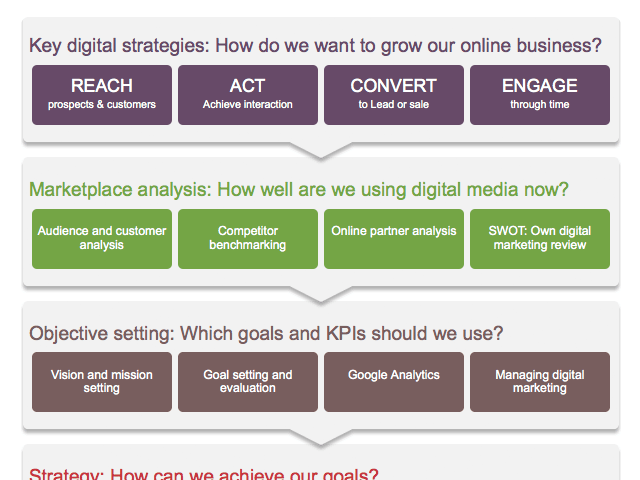












![The 11 Best Landing Page Builder Software Tools [2025]](https://www.growthmarketingpro.com/wp-content/uploads/2024/04/best-landing-page-software-hero-image-1024x618.png?#)















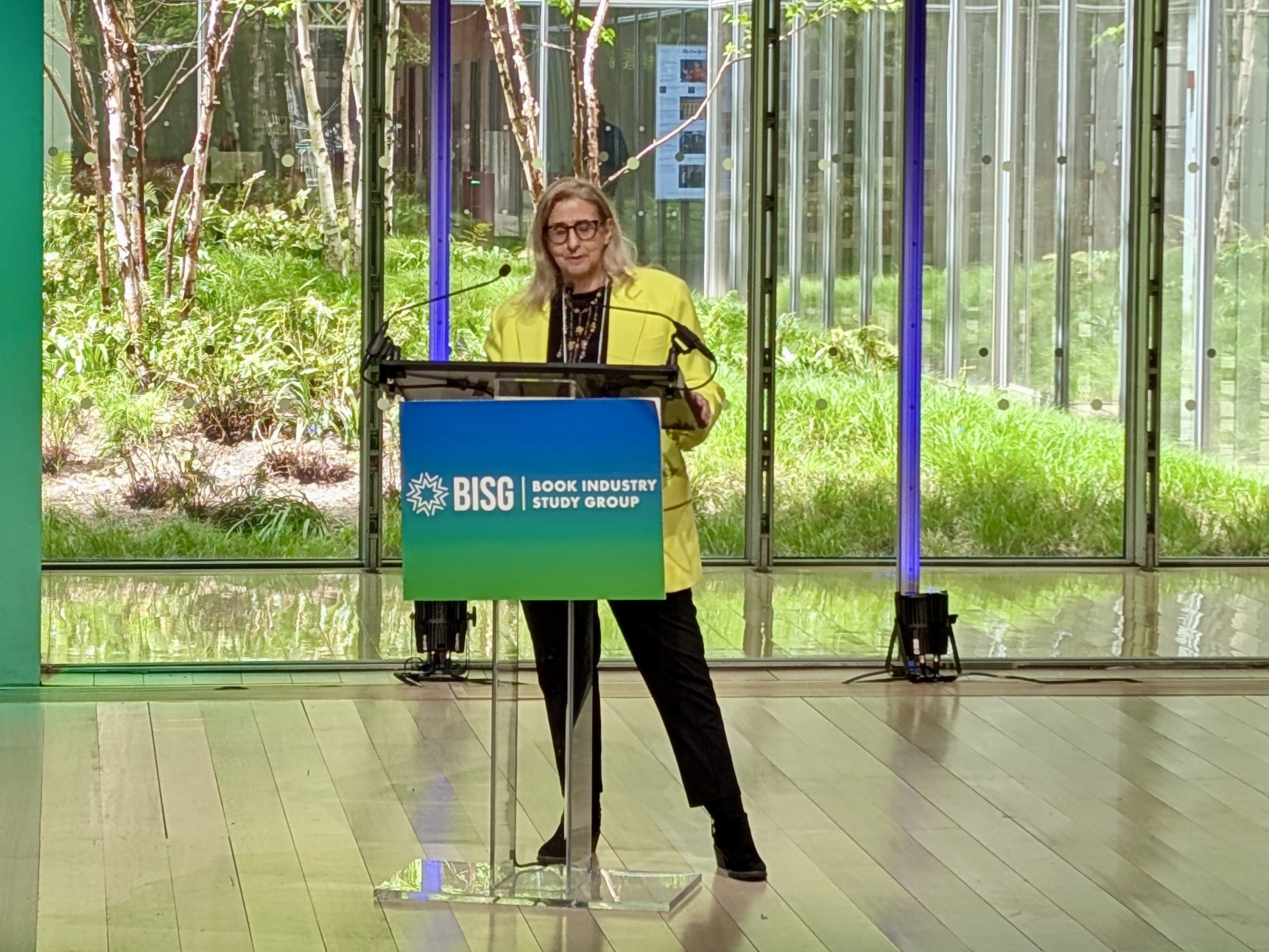















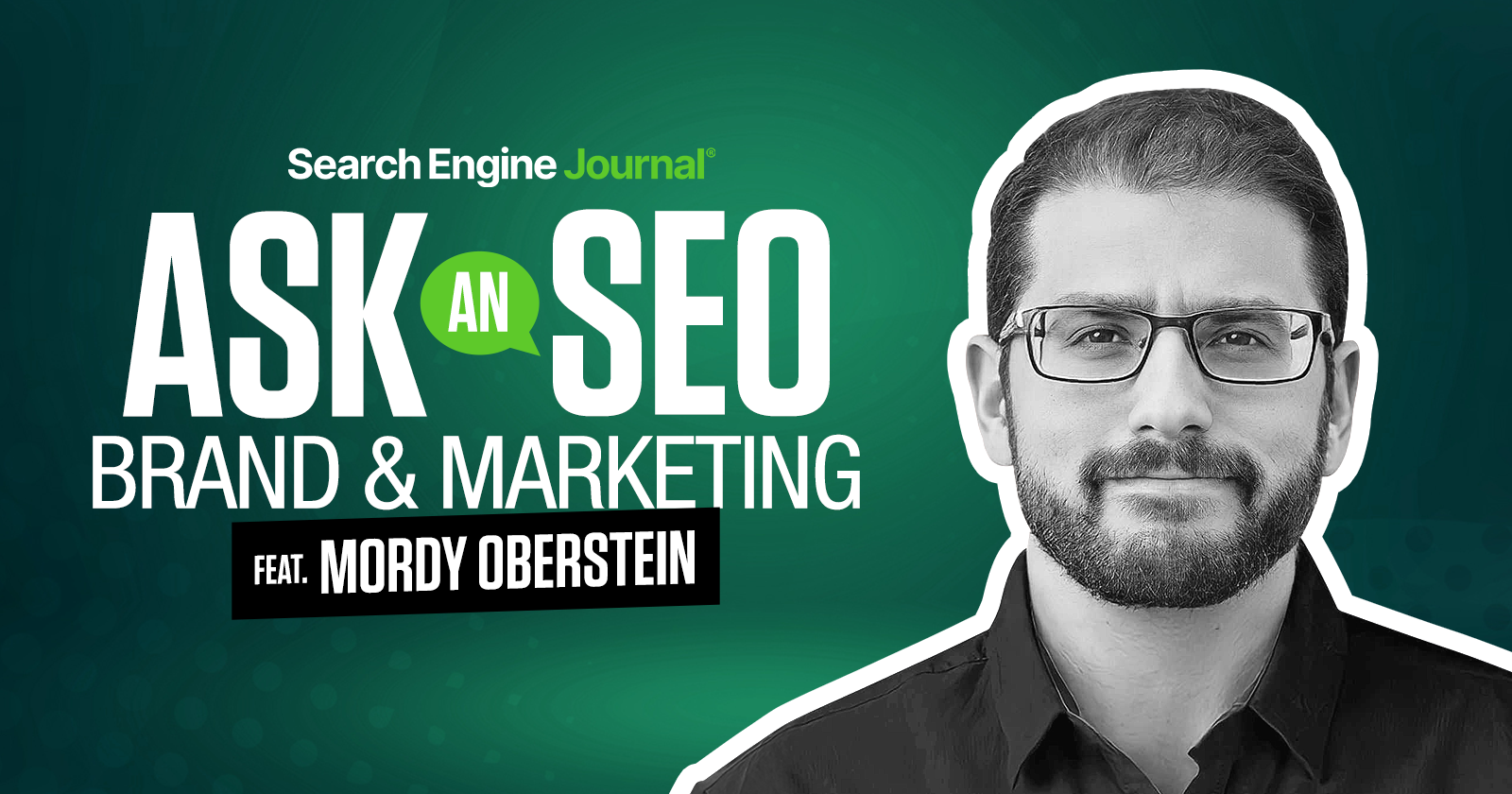












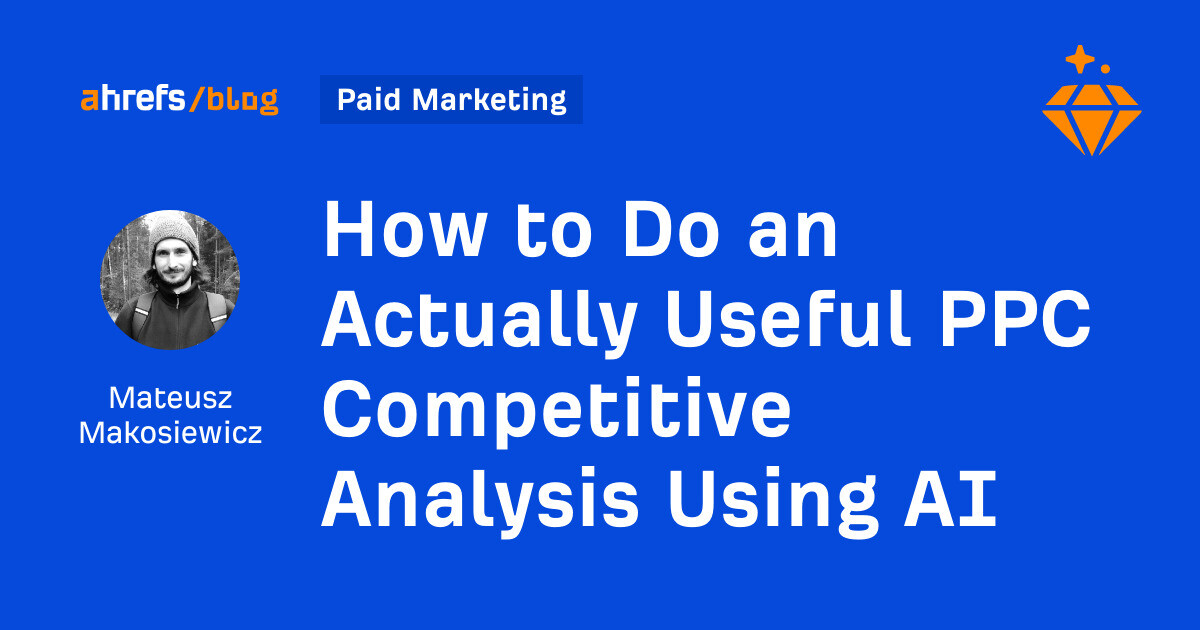
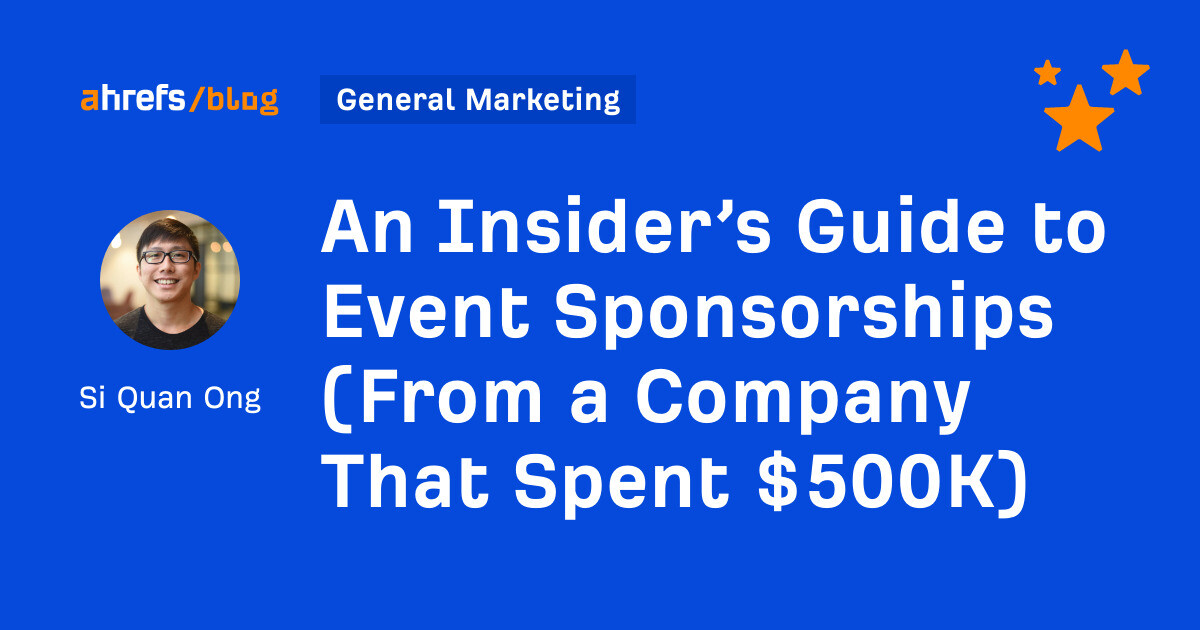

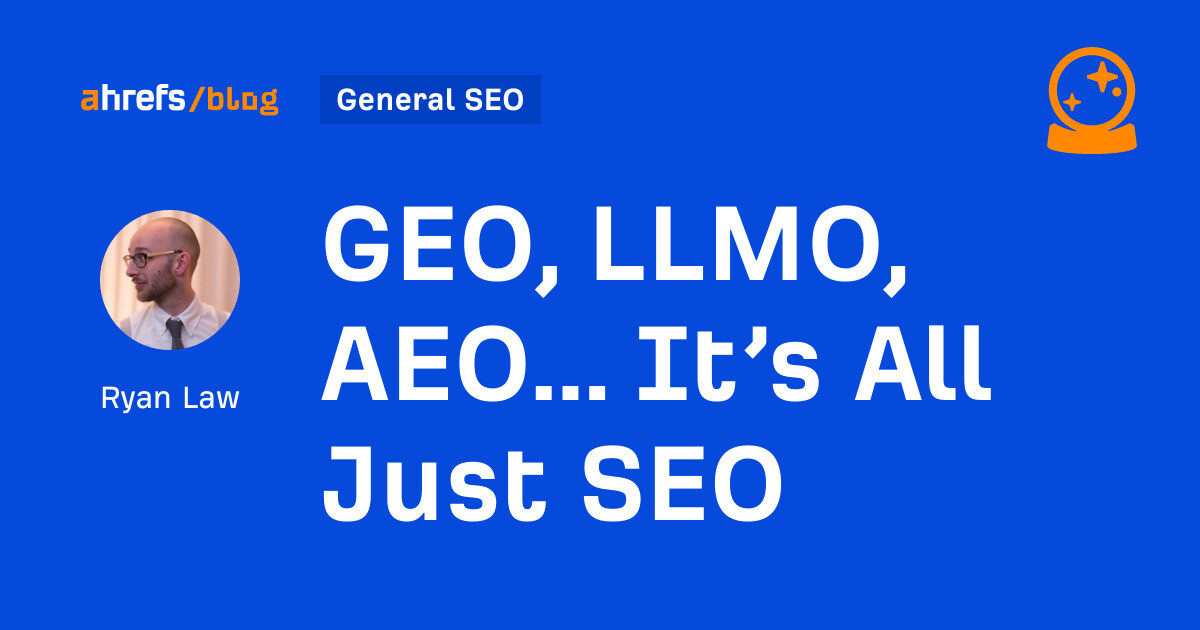
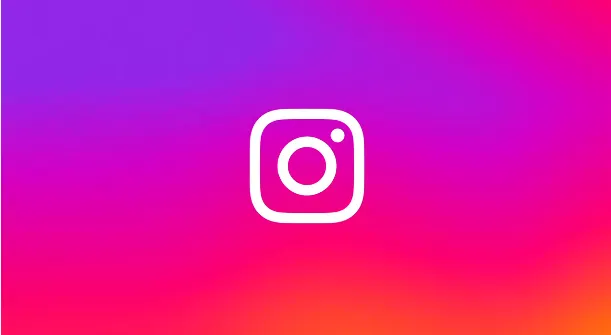


![How AI will impact advertising, according to top marketing executives [new data]](https://www.hubspot.com/hubfs/AI%20Advertising.jpg)


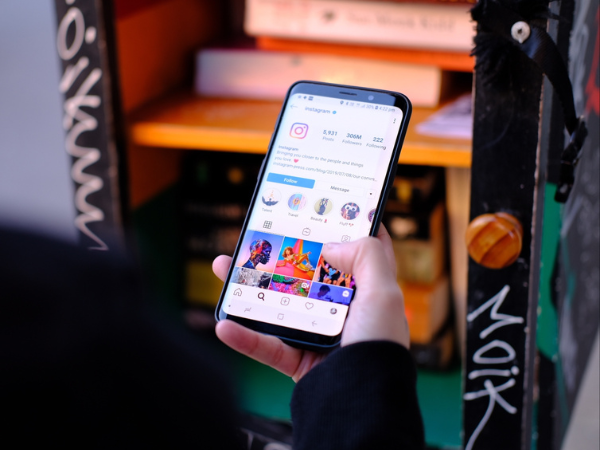









![Social media marketing campaigns: What I’d do to stand out on every platform [new data]](https://knowledge.hubspot.com/hubfs/social-media-marketing-campaign-1-20250418-2594108.webp)













![Experts Don’t Believe AI Tools Will Lead to Mass Job Losses [Infographic]](https://imgproxy.divecdn.com/gcXE1_Da13Oz-JAszjUwb6v5UqMp2MFMjDAIXPbLad0/g:ce/rs:fit:770:435/Z3M6Ly9kaXZlc2l0ZS1zdG9yYWdlL2RpdmVpbWFnZS9haV9qb2JfbG9zc2VzLnBuZw==.webp)
